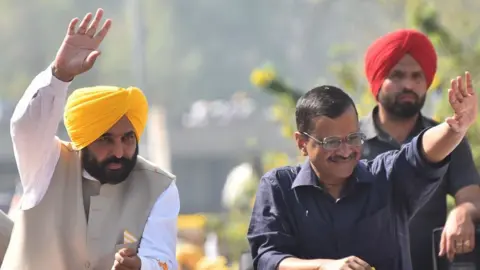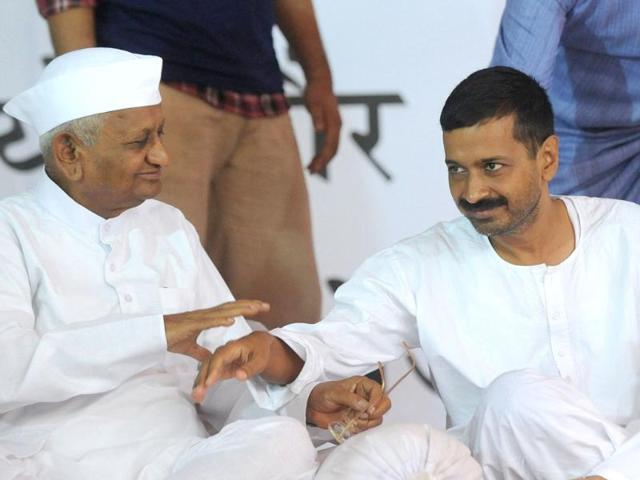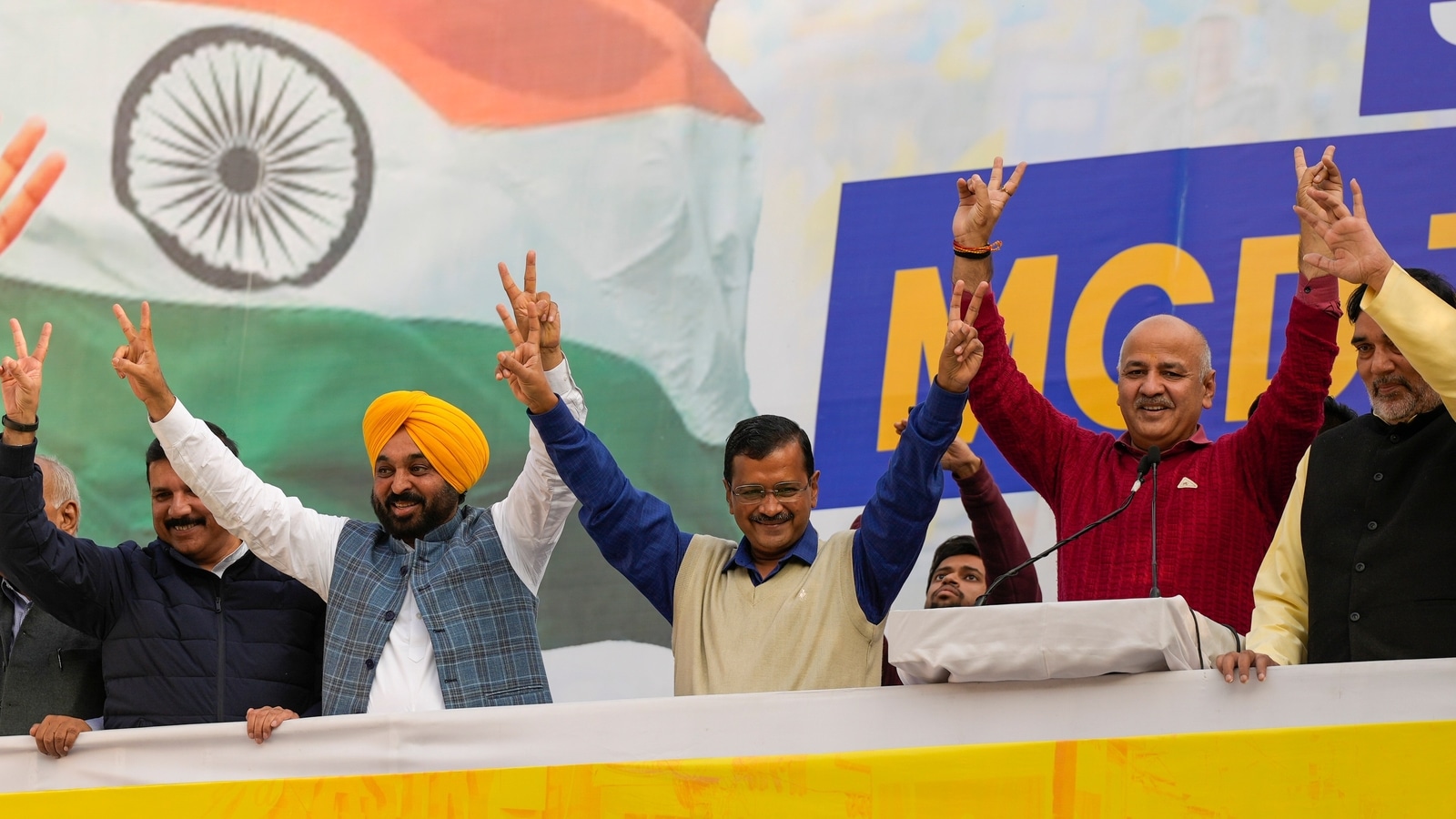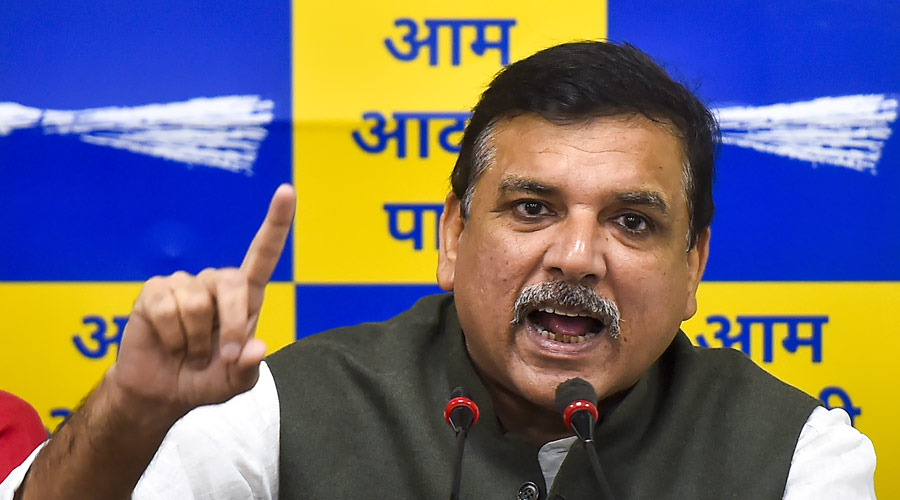1. Introduction: The Rise of the Aam Aadmi Party
In the realm of Indian politics, the emergence of the Aam Aadmi Party (AAP) marked a significant shift, propelled by a wave of anti-corruption sentiment.
Originating from a movement against corruption, particularly directed at the Congress regime, the AAP symbolized hope for a cleaner, more accountable political system.
3. Anna Hazare and Arvind Kejriwal: Diverging Paths
The disagreement between Anna Hazare and Arvind Kejriwal on the subject of politics marks a pivotal chapter in India's contemporary political narrative. Anna Hazare, renowned for his staunch anti-corruption stance and principled activism, viewed politics with skepticism, fearing its potential to corrupt the purity of grassroots movements. Conversely, Arvind Kejriwal, inspired by the same ideals of combating corruption and seeking systemic change, believed that engagement with politics was essential for effecting lasting reforms.
This fundamental disagreement stemmed from their differing perspectives on the role of politics in driving societal transformation. While Hazare advocated for staying outside the realm of traditional politics, Kejriwal argued that meaningful change could only be realized by challenging the existing political establishment from within. Their ideological divergence highlighted the complexities inherent in navigating the intersection of activism and mainstream politics, a conundrum that continues to shape the landscape of Indian governance and social reform.
4. Electoral Success and Ideals
The AAP demonstrated its electoral prowess in subsequent elections, securing victories in seats where its candidates stood, reaffirming the public's trust in its promises.
Despite electoral victories, questions lingered regarding Kejriwal's integrity and commitment to his initial ideals, particularly regarding unfulfilled promises and controversies surrounding mohalla clinics.
6. Allegations and Skepticism
Arvind Kejriwal's public accusations of bribery attempts aimed at purchasing AAP MLAs, frequently pointing fingers at the opposition BJP, have stirred considerable controversy and skepticism within political circles and the public at large. Despite Kejriwal's vocal assertions, concrete evidence substantiating these claims has remained elusive. This lack of tangible proof has fueled doubts and skepticism regarding the veracity of his allegations.
Many critics argue that such allegations without proper evidence could be construed as a political maneuver aimed at delegitimizing the opposition or deflecting attention from internal challenges within the AAP. Moreover, the absence of corroborating evidence raises questions about the credibility and integrity of Kejriwal's leadership, as unsubstantiated allegations risk undermining public trust in political institutions. Consequently, the unresolved nature of these allegations underscores the complexities and uncertainties surrounding the political landscape, where accusations and counter-accusations often overshadow substantive discourse and accountability.
7. Exploring "Grey Politics"
As we embark on our new series, "Grey Politics," we invite readers to delve deeper into these narratives and explore the nuances surrounding Kejriwal's tenure and the broader landscape of contemporary Indian politics.



